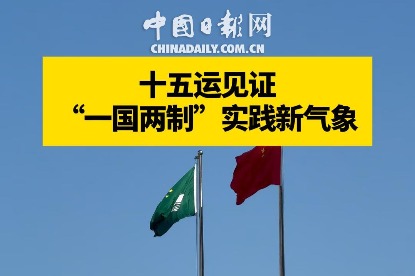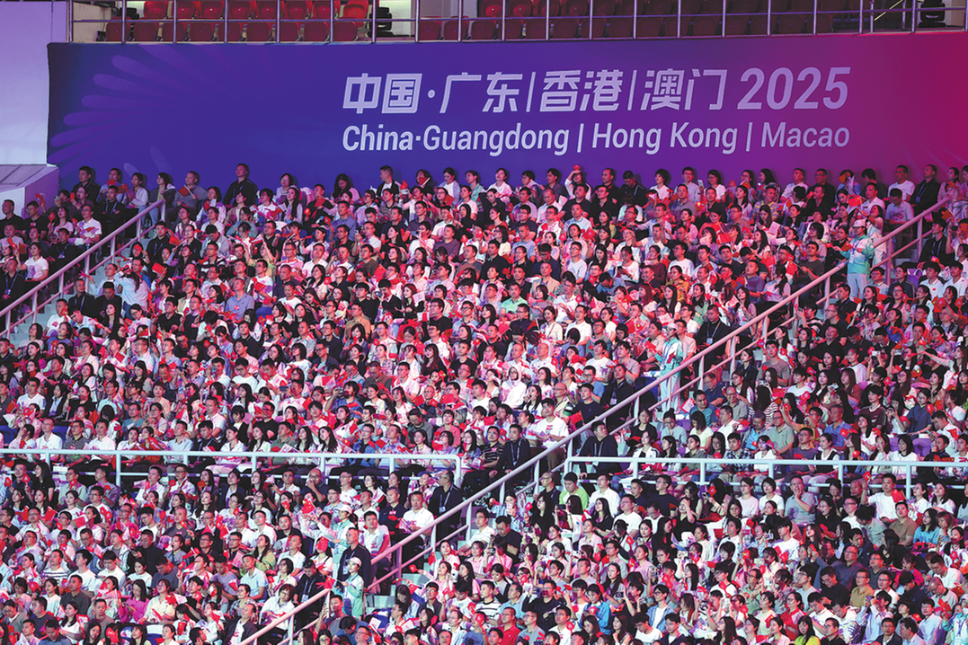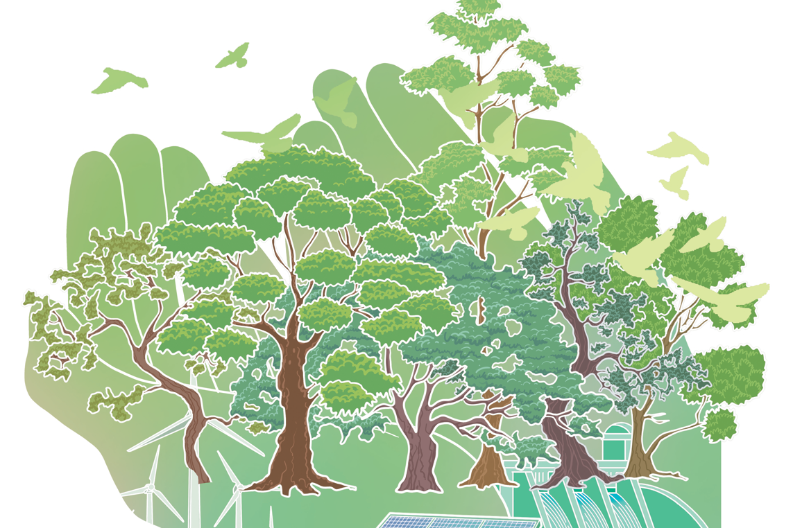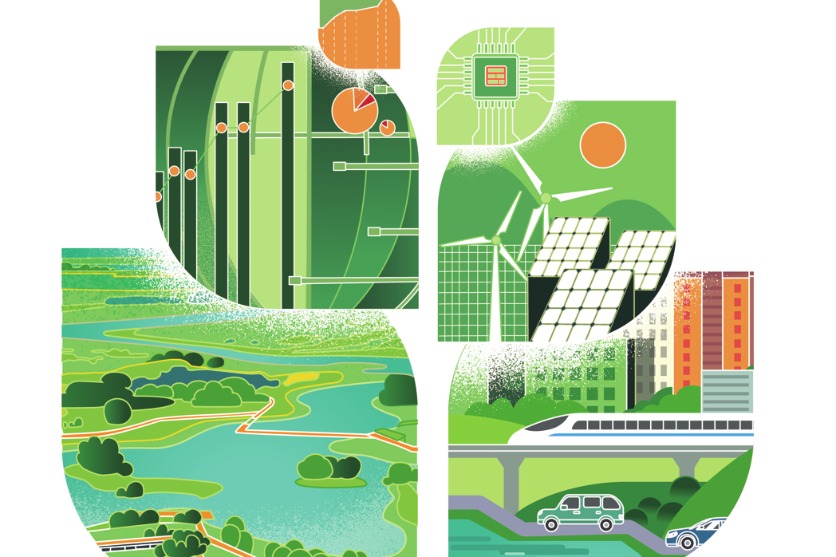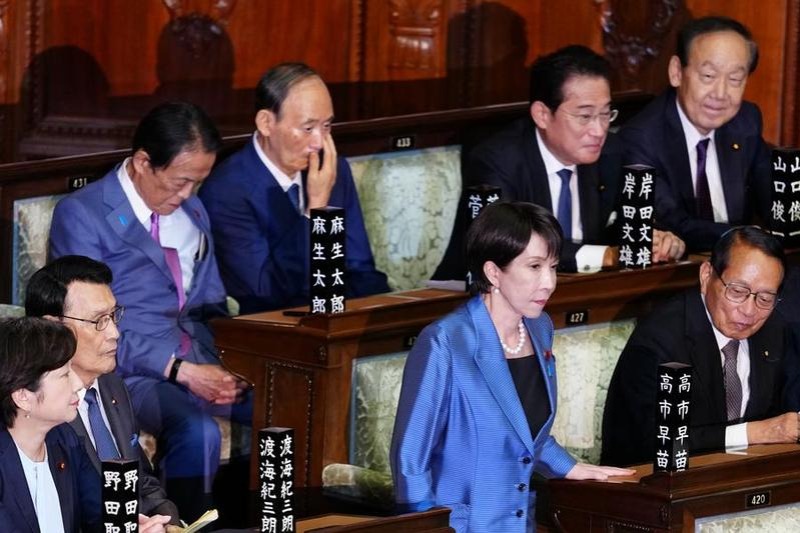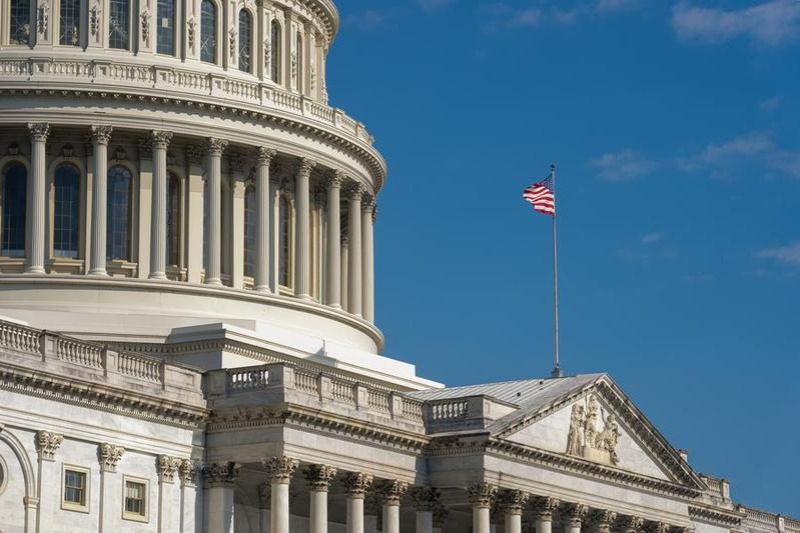Tianjin National Games a milestone in reform

 |
| LI MIN/CHINA DAILY |
The slogan for Tianjin 2017, "National Games for a Healthy China", reflects the shift in China's focus from the pursuit of gold medals at the Olympic Games and World Championships to a more balanced attitude toward the fundamental function of sports in society.
A major change at the National Games, the Chinese version of the Olympics, will be the opening of doors to amateur athletes for the first time in 30 years. A total of 7,620 amateur athletes will compete in 19 popular events such as tai chi, chess, roller sports, marathon and rock climbing. This is in addition to the more than 10,000 professional athletes taking part in the Olympic events.
The move serves a dual purpose: it has made Tianjin 2017 the most well-attended National Games and, more importantly, it underlines the country's determination to be both prosperous and healthy, or what is known in Chinese as a xiao kang society. While the Chinese phrase translates into "well off" in English, the word kang literally means "good health".
The country will continue to adore its Olympic heroes, which has been the case from the moment China began its Olympic journey in search of national pride and confidence when it returned to the Olympic family in 1979 all the way to the present day when China is preparing to host its second Olympics, the 2022 Winter Games, after hosting the 2008 Summer Games.
Now China regularly wins gold medals at almost every world sports event, filling its people with pride and uniting them to fulfill a purpose, which is one of the most salient features of sports.
A government guideline unveiled in late 2014 (one year after the 12th National Games in Shenyang, Northeast China's Liaoning province) pushed for accelerating the development of the sports industry, in order to prompt more people to buy sports goods and play more sports. This was followed by policies such as the milestone soccer reform led by President Xi Jinping, which promised more sports facilities, easier and better organization of competitions and favorable policies for sports-related businesses, and emphasized on-campus sports.
The two-pronged reform is aimed at creating a "Healthy China" as well as tapping the massive economic potential of the sports industry-setting a goal for the sector to grow into an industry worth $800 billion by 2025. The changes are having top-down as well as bottom-up effects. Around the time the government launched the policies, grassroots sports came to life and developed at a pace that exceeded all expectations.
One telling example is the marathon fever that has gripped the country: the number of marathon races held in China has jumped from 22 six years ago to about 600 this year, attracting some 5 million participants. Running, hiking and skiing have become popular among people of all ages while bodybuilding, square dancing and other sports are also on the rise. If all goes as expected, the country of more than 1.3 billion will have 435 million people regularly taking part in sports by 2020.
When the inaugural National Games was held in 1959, the country gave a call to "develop sports to improve the fitness of the people" at a time when China was rebuilding itself after years of war. More than half a century later, the push to encourage healthier lifestyles is boosting national confidence. The National Games has the pride of place in China's overall sports reform that seeks to, above all else, put the people and their wellbeing first.
The author is a sports writer with Xinhua News Agency.


















